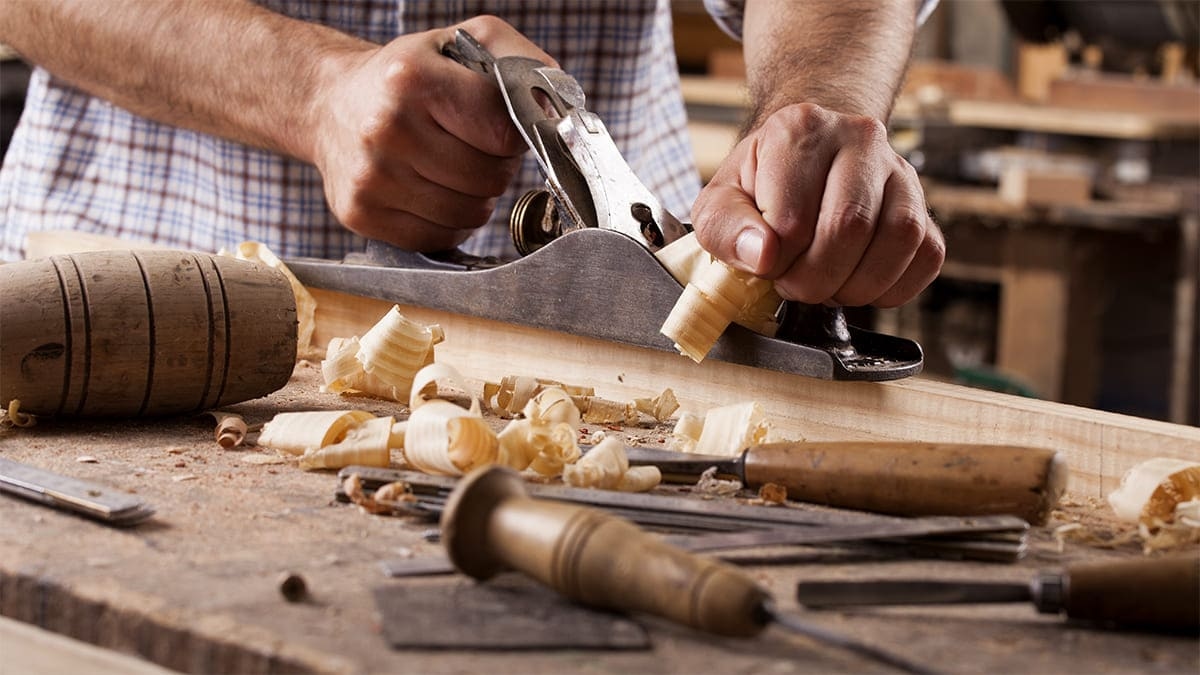
Portugal is a country where craftsmanship is far more than a profession: it is a true tradition, passed down from generation to generation ! Among its most emblematic skills, leather and woodwork stand out strongly. These noble materials are shaped by expert hands, giving rise to pieces that are utilitarian, aesthetic, and genuinely authentic. Let’s meet these passionate artisans and discover their fascinating worlds…
Leather Craftsmanship : Between Tradition and Modernity
For centuries, Portugal has harnessed the exceptional qualities of leather to create durable, elegant, and original objects. Artisans mainly use cowhide or goatskin, renowned for their flexibility as well as their strength. The real secret lies in traditional techniques : vegetable tanning, knife work, and hand stitching !
Every bag, belt, or pair of shoes is handcrafted by the artisan, who tells a story: their patience, the precision of their gestures, and the quality of the leather combine to offer unique creations. In regions such as Alentejo and northern Portugal, family-run workshops have passed down this precious knowledge for generations, preserving a valuable tradition.
Today, Portuguese leather is no longer limited to utilitarian items; it also features in contemporary design. From handbags and fashion accessories to furniture and interior décor, each piece represents a subtle blend of artisanal heritage and modern creativity.
The main areas for traditional leather craftsmanship are around Porto, Lisbon, and some towns in Alentejo. Here, leather is worked to produce shoes, bags, accessories, and decorative items.
Woodwork: Sculpted with Passion
Wood is another noble material that forms an integral part of Portugal’s heritage. Artisans carefully select trees such as oak, pine, or olive to create durable and elegant objects. Woodcraft includes carving, turning, and cabinetmaking, each requiring great technical skill and artistic sensitivity.
The pieces range from decorative objects to bespoke furniture and traditional musical instruments. Each creation reflects the balance between functionality and aesthetics while celebrating the richness of Portuguese forests. Some rural communities continue to preserve these ancestral techniques, turning woodwork into a true way of life.
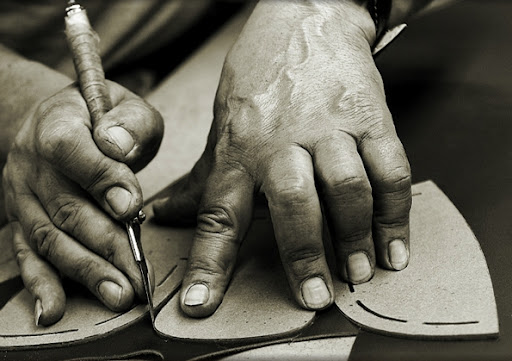
Furthermore, the region of Paços de Ferreira is renowned as the Portuguese furniture capital, where artisanal tradition and modern industry coexist. Numerous family businesses and specialised workshops create bespoke furniture, from classic to contemporary designs. These artisans supply all of Europe, offering pieces across all ranges but especially recognised for their exceptional quality. Visitors can discover open-air exhibitions of furniture in local shops and showrooms, showcasing the richness and diversity of this craftsmanship.
Experiencing a Meeting with Artisans
Visiting a leather or wood workshop in Portugal means immersing oneself in a living tradition. You can observe artisans at work, discover traditional tools, and follow every step of the production process. The atmosphere in the workshops is unique : a blend of concentration, patience, and passion…
Some shops also offer demonstrations and participatory workshops, where visitors can touch the materials, try certain techniques, and take home their own creation (a wonderful and enriching activity !). It is an immersive experience that allows one to understand the value of manual work and the deep connection between people and materials.
Share this article
Suggested articles
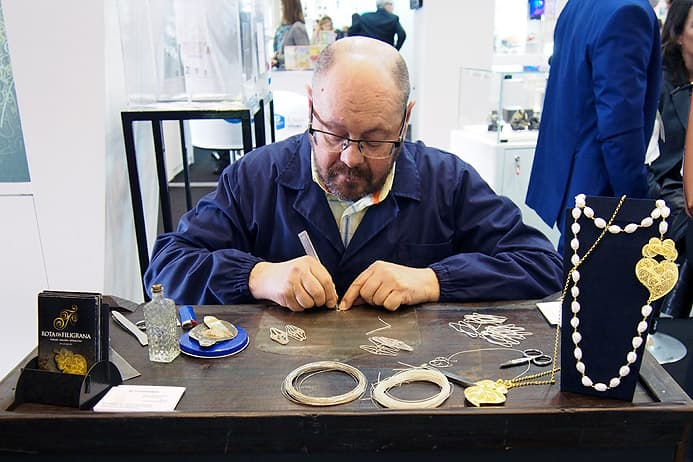
Filigree Art, Portuguese Gold and Silver Jewellery
Portugal boasts a rich artisanal heritage, and among its treasures, filigree art shines for its finesse, delicacy, and timeless elegance ! Filigree is an ancestral jewellery technique that involves working gold or silver into extremely fine threads to create intricate patterns.
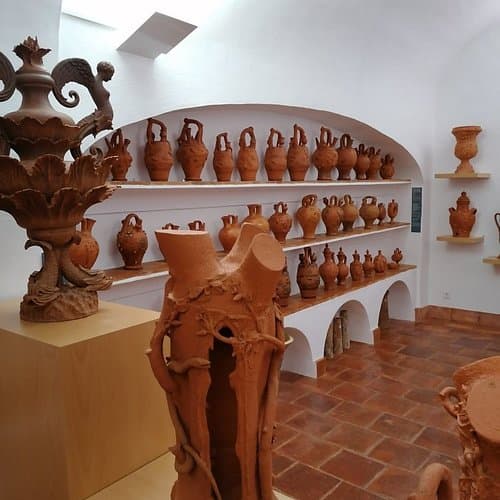
Traditional Pottery of Estremoz
The town of Estremoz, situated in the heart of Alentejo, is renowned for much more than its castles and striking white marble! It is home to an ancient craft: traditional pottery. This millennia-old art, passed down through generations, reflects the history, creativity, and expertise of local artisans.
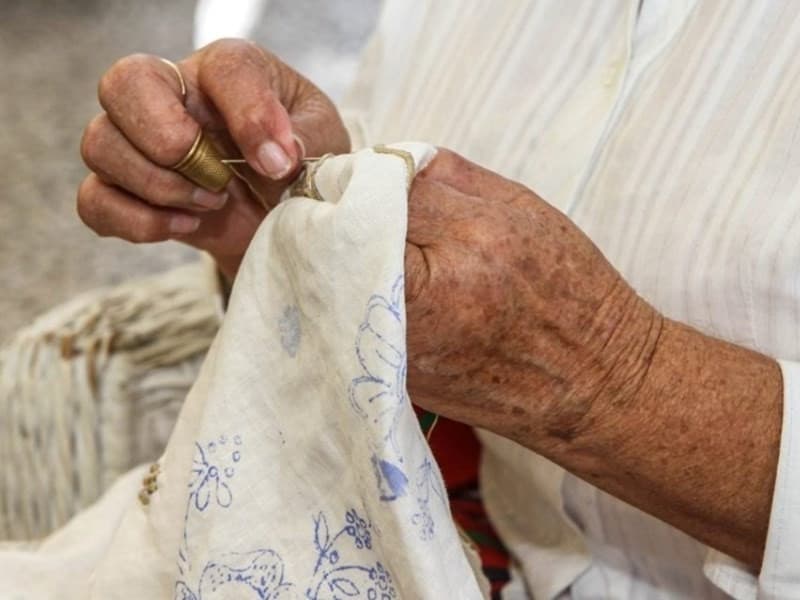
Madeira Embroidery and Viana Lace – A Preserved Craft
Portugal is full of artisanal traditions that reflect its rich cultural heritage and the skills passed down through generations. Among these treasures, two techniques stand out for their delicacy, beauty, and let’s be honest, their poetic charm: Madeira embroidery and Viana lace.
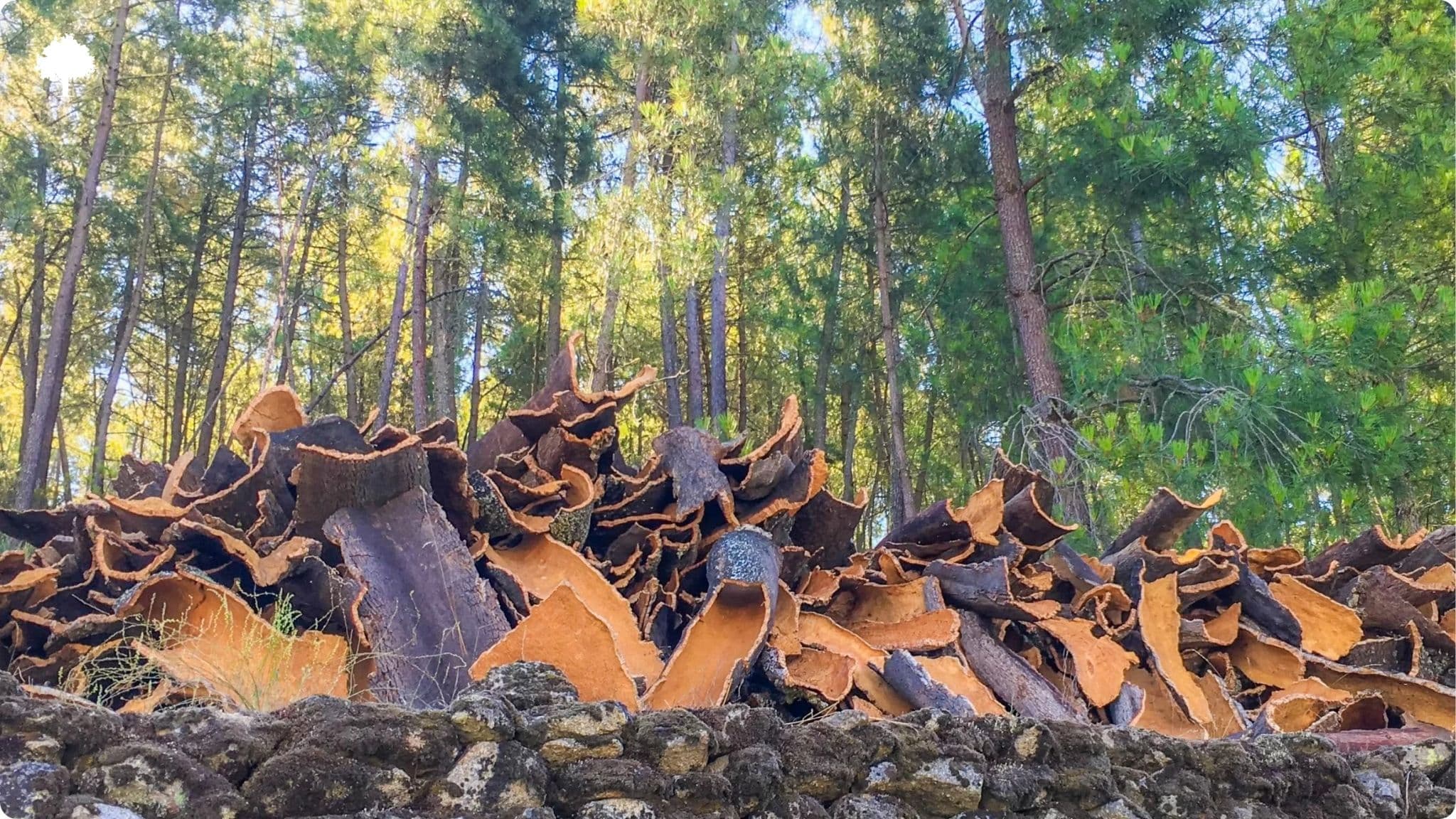
Cork, a National Treasure
Cork is not just a material ; it is a true natural and cultural treasure of Portugal ! A symbol of sustainability, ingenuity, and refined craftsmanship, it lies at the heart of national identity and features in our homes in both traditional and modern forms (especially among the Portuguese).
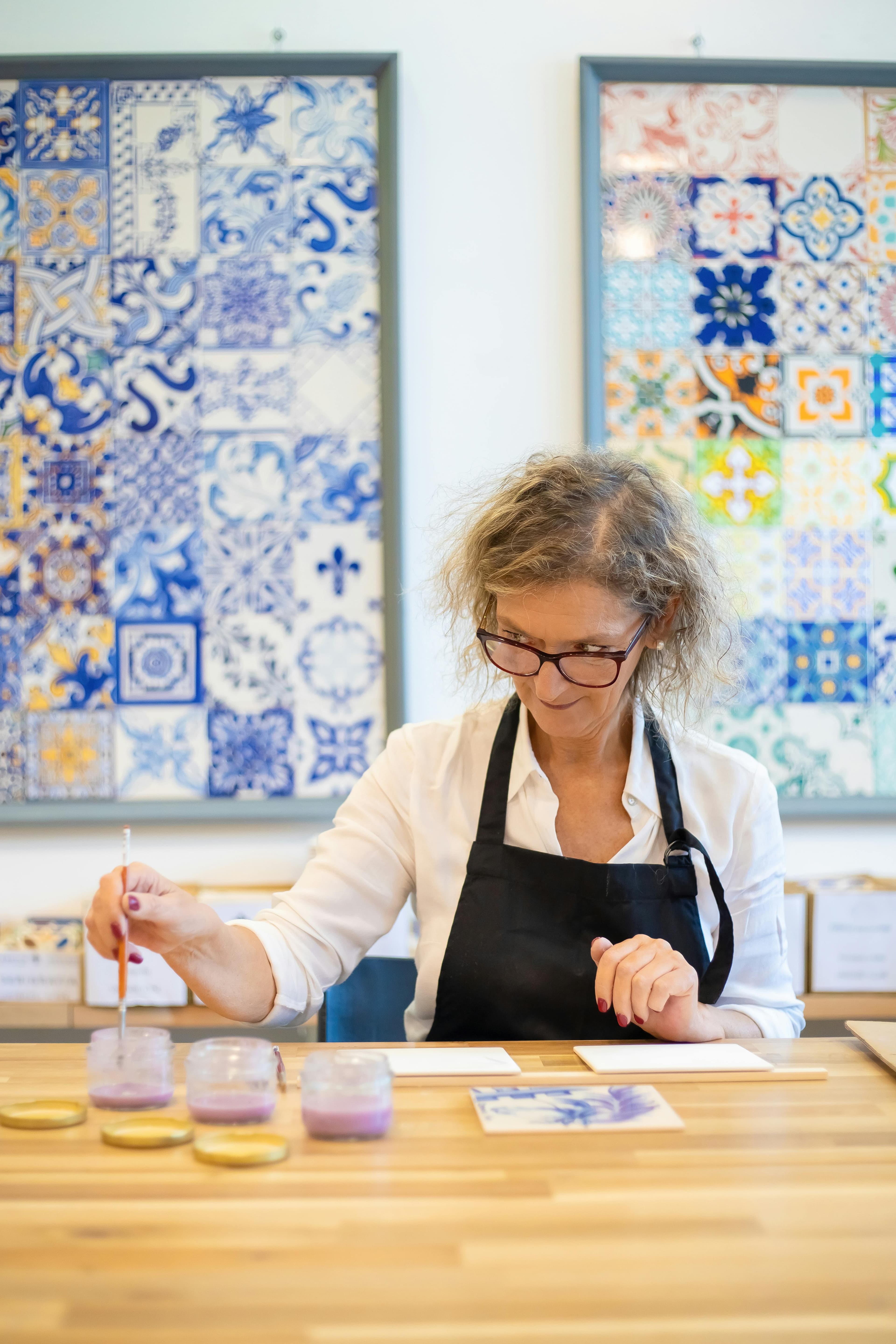
Azulejos: the Art of Portuguese Ceramics Through the Centuries
In Portugal, you only need to look up to see azulejos. These glazed ceramic tiles decorate the façades of houses, churches, palaces, train stations, and even some metro stations. Their blue and white shine has become one of the country’s most recognizable symbols. But behind their beauty lies a long and rich history, shaped by cultural exchanges, technical innovations, and artistic evolution.


